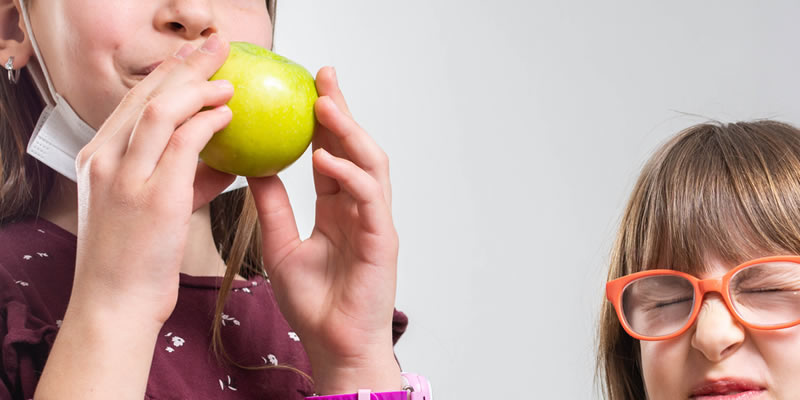Online-based cognitive behavioural therapy (CBT) is ‘just as beneficial’ as face-to-face CBT, an international study has found.
Academics from the University of Gothenburg studied more than 17,000 patients to detect whether or not virtual CBT is as effective as conventional CBT.
It found that internet-based CBT is more successful for those with slight depression as opposed to severe depression.
- Being an early riser ‘significantly’ lowers risk of depression
- Study shows pandemic increased global depression and anxiety levels
Lead author, Professor Cecilia Björkelund said: “In mild or moderate depression, the effect of iCBT is as good as that of conventional CBT.
“For many, it’s a superb way of getting access to therapy without having to go to a therapist.
She added: “We also saw that it was especially good for the elderly – a finding we didn’t entirely expect.”
The internet platform is similar to normal CBT, offering individuals with depression a safe place to share how they feel.
Similarly, activities for people to complete on their own are also available virtually.
Psychological support and text-message prompts are also offered to people completing CBT online.
There is a slight concern about patient safety on online therapy sites, but experts have ensured that patient safety is always protected.
“If you’re going to use iCBT in health care, the programs have to be regulated just as well as drugs are, but that’s not the case today,” said Professor Björkelund.
She added: “With this study, we’re taking a real step forward. First, the study surveys what’s most effective.
“Second, it provides knowledge of how to design a program and adapt its composition to patients’ problems.”
According to the researchers, individuals with intensive depression should seek face to face CBT.
Additionally, the academics have advised virtual CBT platforms to avoid offering relaxation therapies as it could trigger aggravating symptoms of depression or “relaxation-induced anxiety.”
The full set of results can now be accessed in The Lancet Psychiatry.




